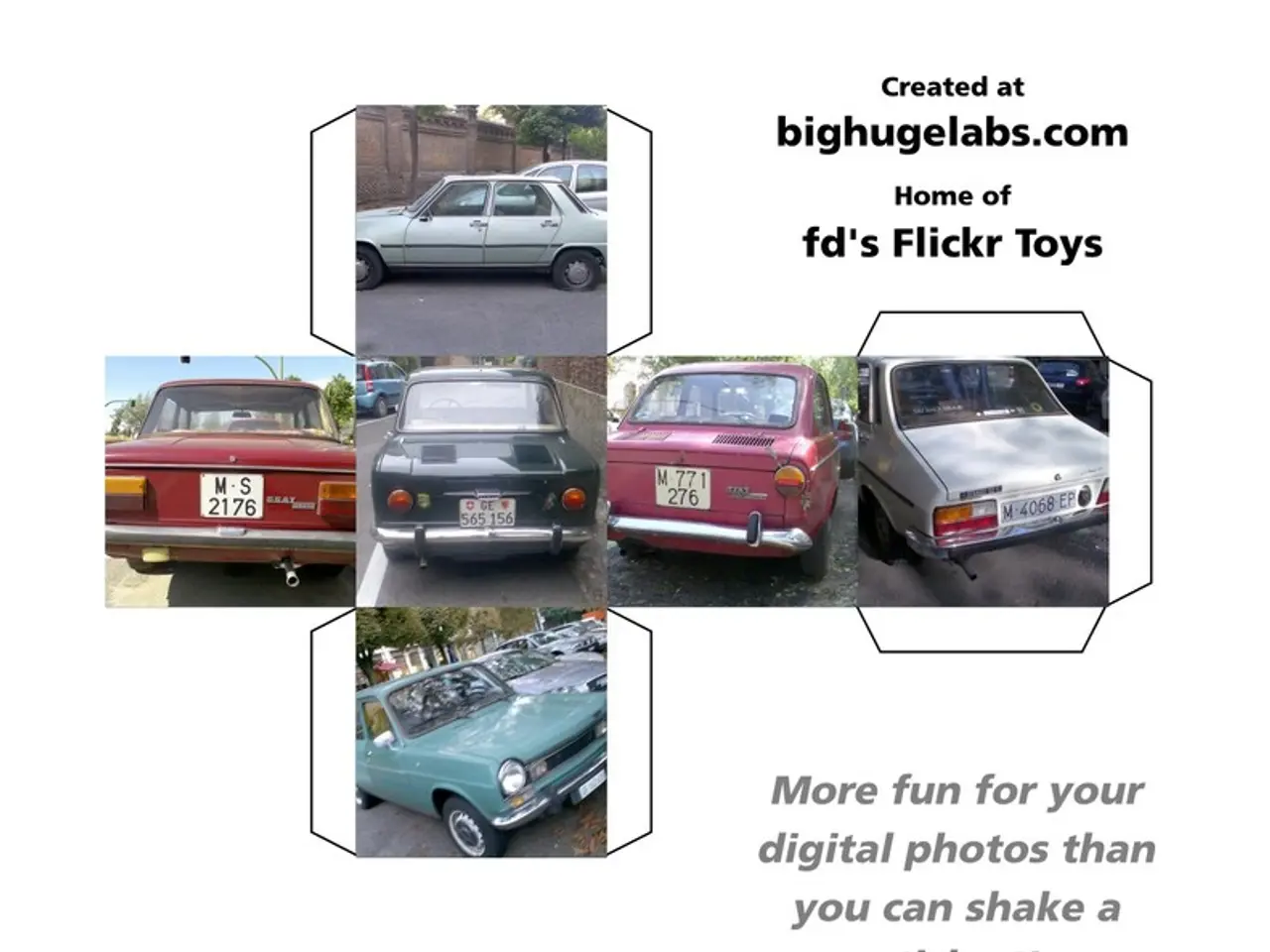Regulation Overhaul Promotes Self-Driving Cars by NHTSA
The National Highway Traffic Safety Administration (NHTSA) has unveiled a new initiative to modernize Federal Motor Vehicle Safety Standards (FMVSS) for vehicles equipped with automated driving systems. This move is perceived as a shot across the bow of state safety officials in progressive states, particularly California, as it aims to streamline the approval process for self-driven vehicles.
The decision comes at a time when companies like Tesla, Waymo, General Motors, and Mobileye are eagerly anticipating the NHTSA's regulatory shift to advance their development of autonomous vehicles. Tesla, in particular, has grand designs on the robotaxi space, but so far, there are no reports of prototypes undergoing testing or plans to manufacture them. Elon Musk's blockbuster pay package includes a requirement that Tesla, under his guidance, have at least 1 million robotaxis in service within ten years.
The NHTSS's AV Framework prioritizes the safety of ongoing AV operations, unleashes innovation, and enables commercial deployment of AVs to enhance safety and mobility for the American public. The framework includes principles to prevent a harmful patchwork of state laws and regulations and remove unnecessary regulatory barriers.
One of the key aspects of the new initiative is the proposed update to FMVSS 102, 103, 104, and 108, which include requirements for transmission shift, windshield defrosting and defogging, windshield wiping and washing, and lamps, reflective devices, and associated equipment. These standards, written decades ago, do not account for autonomous vehicles, and the changes will provide manufacturers with enhanced instructions to better understand application requirements.
Transportation Secretary Sean Duffy, a former lumberjack and a television personality on the Fox Comedy channel, announced the plan on September 4, 2025. The new approval process is expected to take months instead of years, and NHTSA exemptions will be capped at 2,500 per automaker.
Cruise, the autonomous division of General Motors, has been hindered in its AV development by a lengthy NHTSA approval process. Zoox, an autonomous vehicle startup, was issued a waiver by NHTSA as part of its newly expanded Automated Vehicle Exemption Program, making it the first company to get one.
However, it's important to note that the new initiative may not be a move to help Tesla and Musk, as this failed administration is unlikely to be interested in boosting Musk in any way. The framework emphasizes government overreach by faceless bureaucrats in faraway Washington as the order of the day.
Waymo, the current leader in the robotaxi business, is not actively pursuing the manufacture of driverless automobiles. This leaves the door open for other companies to challenge their dominance in the autonomous vehicle market.
As the world of self-driving vehicles continues to evolve, the NHTSA's new initiative is a significant step towards making autonomous vehicles a reality for the American public, while ensuring safety and innovation remain at the forefront of their development.
Read also:
- Peptide YY (PYY): Exploring its Role in Appetite Suppression, Intestinal Health, and Cognitive Links
- Toddler Health: Rotavirus Signs, Origins, and Potential Complications
- Digestive issues and heart discomfort: Root causes and associated health conditions
- House Infernos: Deadly Hazards Surpassing the Flames








